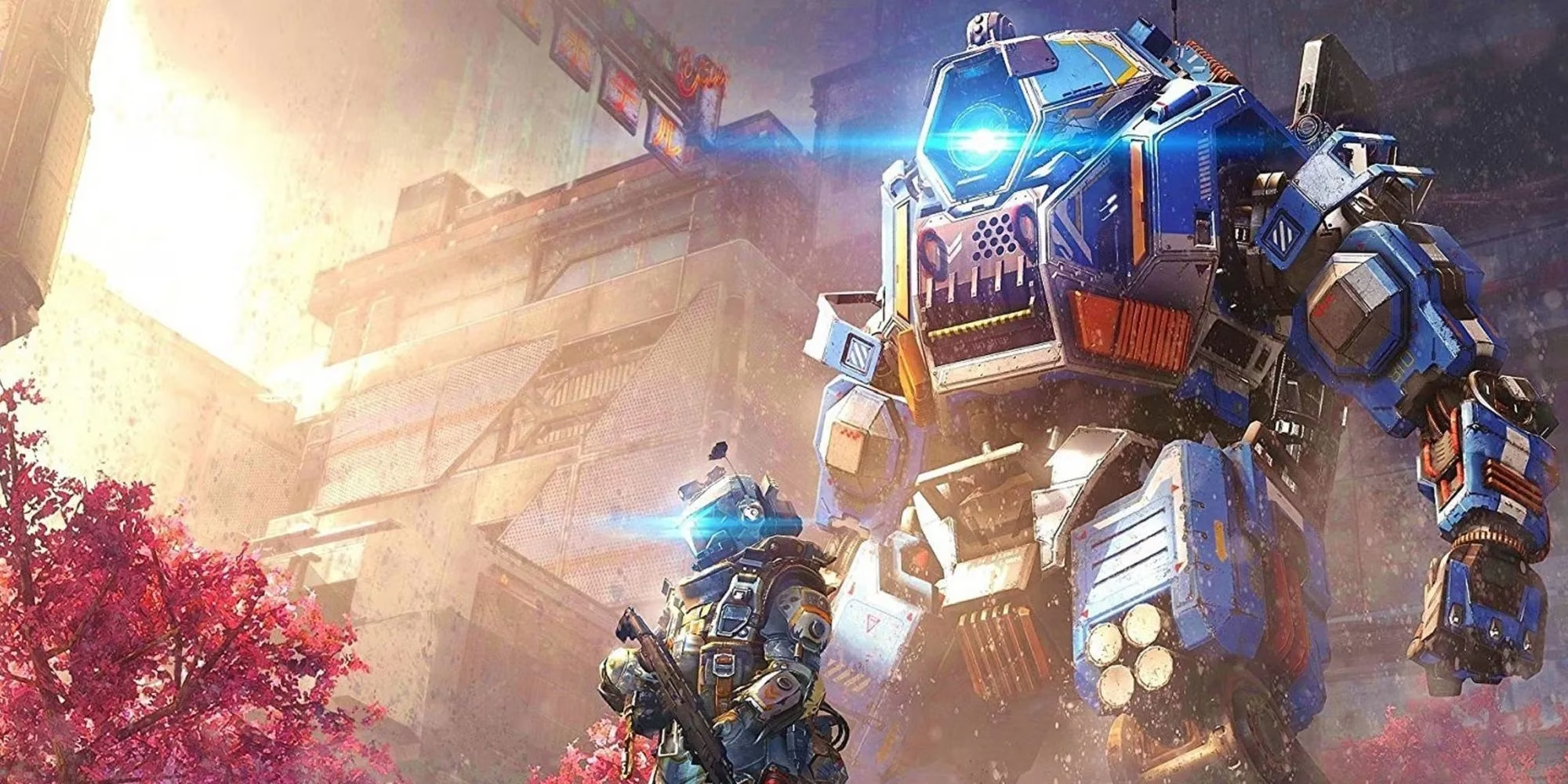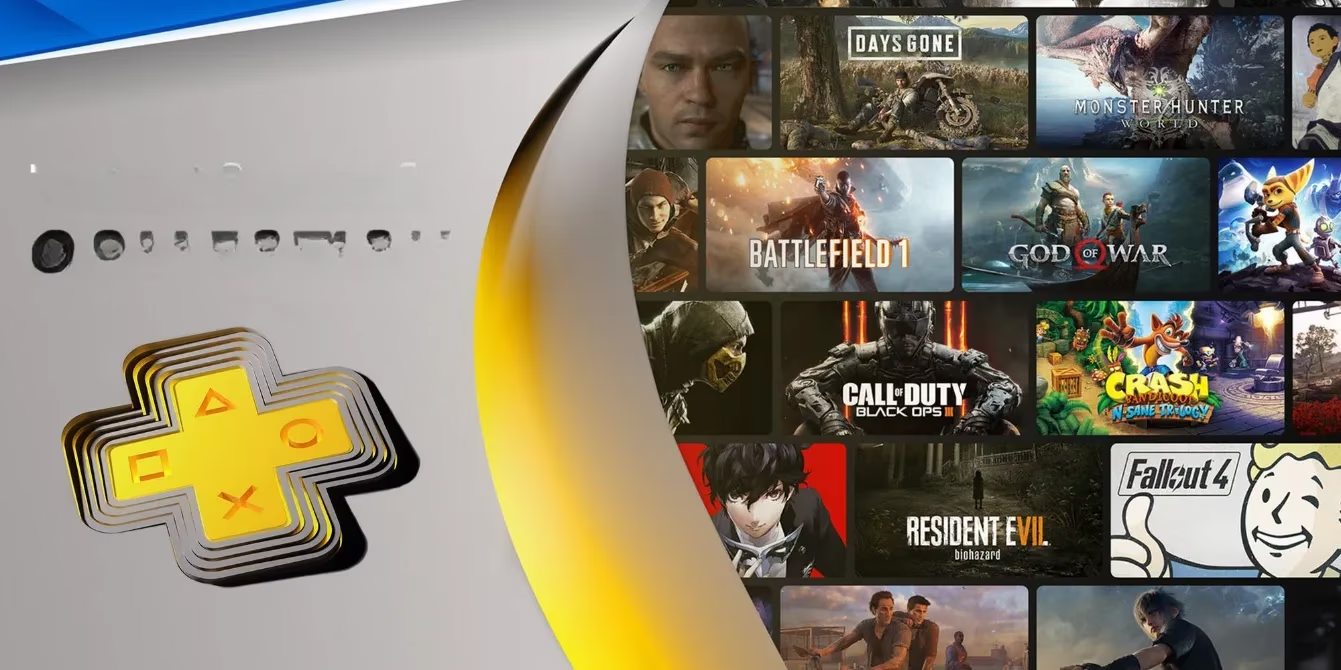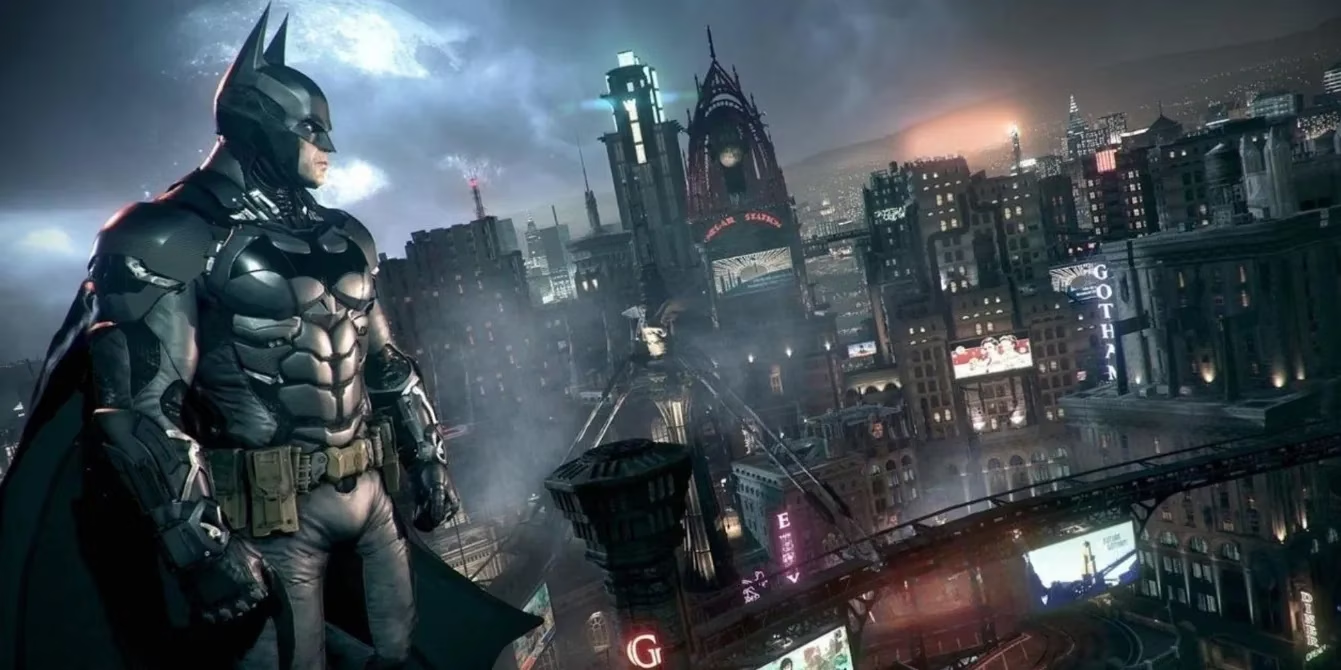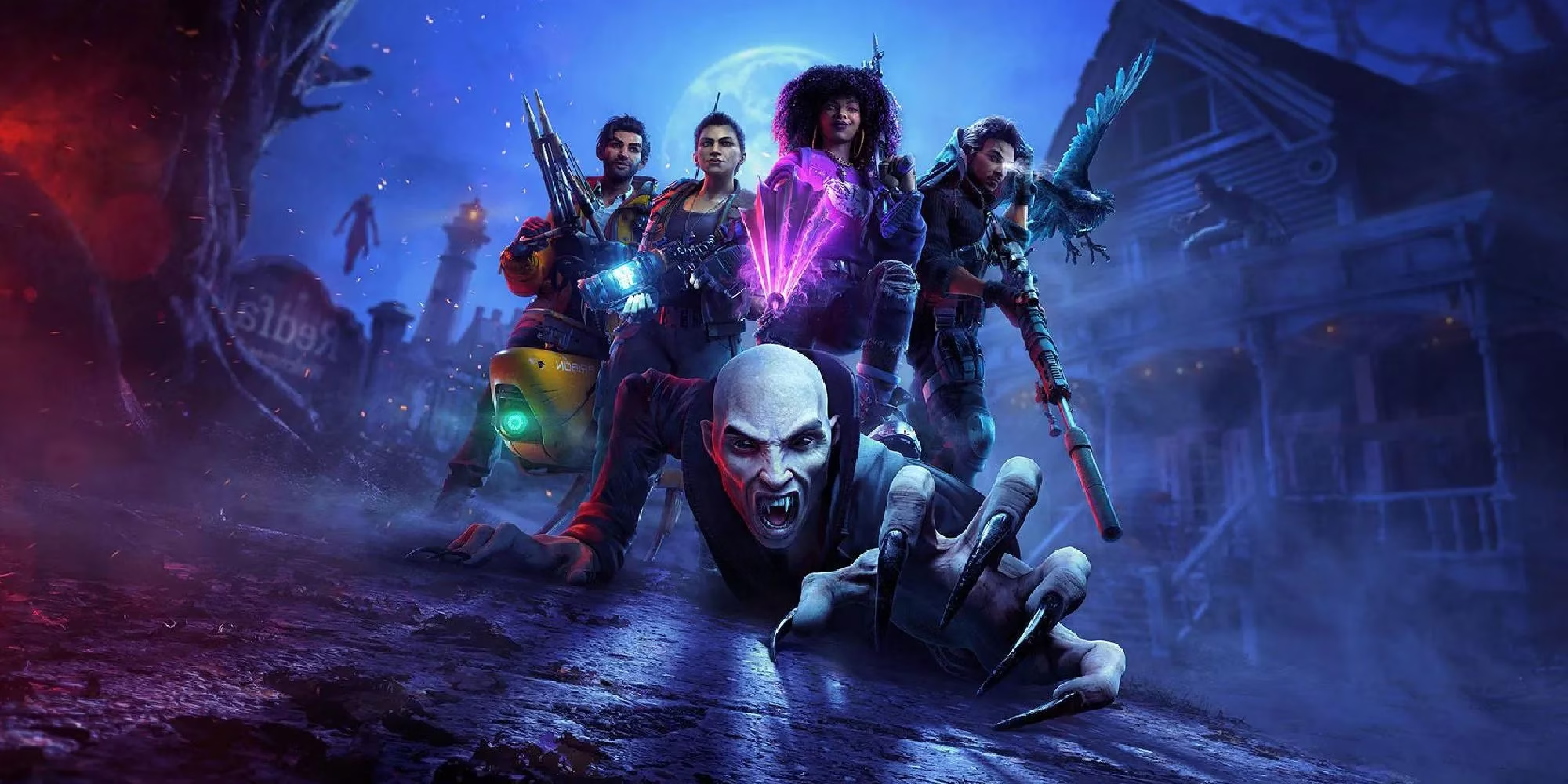Reflecting on Gaming's Defining Moments: Cancellations, Controversies, and Connectivity Crises
Early 2023 saw seismic shifts in gaming with project cancellations and service cutbacks, revealing an evolving industry driven by risk aversion and corporate reshaping.
As I look back on early 2023, it feels like watching dominoes fall in a meticulously arranged chain—one decision triggering industry-wide tremors that still echo today. February of that year wasn't just another month; it was a pressure cooker of cancellations, corporate shifts, and creative clashes that reshaped player expectations. From EA's abrupt shelving of a Titanfall universe project to Sony silently dismantling its PS5 launch perk, these events weren't isolated blips but seismic indicators of an evolving landscape. The unraveling felt like watching a sandcastle fortress being swallowed by an indifferent tide—each wave eroding trust while exposing foundational cracks in how studios value accessibility and artistic integrity.
🔥 EA's Titanfall Legends: A Dream Abandoned
I remember the collective gasp when reports confirmed EA had canceled the single-player FPS codenamed Titanfall Legends. This wasn't just another axed project; it was a gut punch to a community starved for narrative depth in the Titanfall/Apex universe. Imagine nurturing a rare orchid for years, only to uproot it days before bloom—that's how Respawn's 50 developers felt when reassigned or laid off.

The game promised a story-driven bridge between franchises, making its cancellation doubly cruel after EA killed Apex and Battlefield mobile games. This trifecta of terminations signaled a chilling pivot toward live-service models, leaving single-player enthusiasts feeling like forgotten relics.
People Also Ask: Why would EA cancel a Titanfall single-player game amid Apex Legends' success? Simple: risk aversion. Apex’s revenue stream became a golden cage, making executives wary of diverting resources to unproven narrative ventures.
🎮 Sony’s PlayStation Plus Collection: A Library Vanishes Overnight
Sony’s quiet burial of the PlayStation Plus Collection in May 2023 felt like a librarian torching shelves at dawn. This curated vault of PS4 classics—including God of War and Bloodborne—was a flagship perk for early PS5 adopters. Its removal wasn’t just a service downgrade; it was a betrayal of the "generosity era" that defined next-gen launches.

Though downloaded titles remained playable, the message was clear: digital ownership is ephemeral. For preservationists, it echoed like a fire alarm in a museum—proof that convenience often tramples conservation.
🦸 DC’s Connected Universe: When Ambition Alienates Artists
James Gunn’s vision for a unified DC universe—where actors like Margot Robbie play characters across films and games—sparked immediate backlash. Former Rocksteady developer Del Walker’s vow to "never work on a DC title again" wasn’t hyperbole; it was a flare shot over Hollywood’s encroachment into gaming.

Walker argued that replacing veteran voice actors with A-listers would sacrifice nuance for marketability, turning immersive storytelling into a corporate puppet show. This clash exposed a rift as stark as oil and water—cinema’s star power vs. gaming’s vocal authenticity.
People Also Ask: Did the DC gaming universe recover from this controversy? Partially. While Suicide Squad: Kill the Justice League (2024) used Hollywood talent, indie DC projects now prioritize voice-acting veterans.
📡 Redfall’s Always-Online Requirement: A Single-Player Betrayal
Arkane’s insistence that Redfall needed a "persistent online connection" for solo play felt like selling a bicycle with mandatory jet fuel. The move baffled fans of the studio’s offline masterpieces like Dishonored.

Players revolted, comparing it to buying a book that self-destructs if you leave Wi-Fi range. When the game flopped commercially, it became a cautionary tale: forced connectivity is a straitjacket, not a feature.
🎮 Nintendo’s E3 Absence: The Quiet Before the Storm
Nintendo skipping E3 2023 due to "not enough games" seemed baffling—until The Legend of Zelda: Tears of the Kingdom dropped weeks later. Their absence wasn’t a retreat; it was a strategic feint, proving direct fan communication trumped convention center spectacles.
.jpg)
E3’s subsequent collapse validated Nintendo’s instinct. Like a hermit crab abandoning its shell, they’d outgrown the expo model, opting for focused Nintendo Directs.
💎 Lasting Legacy: The Ripple Effects
These events collectively redefined industry norms. EA’s cancellations accelerated indie studios’ rise as narrative havens. Sony’s PS Plus shift fueled Game Pass’ dominance. And Redfall’s failure made always-online mandates rare—today, they’re as scarce as unicorns at a tech conference.
❓FAQ: Lingering Questions Answered
- Did Titanfall Legends’ cancellation kill the franchise?
No—but it sidelined single-player hopes. Apex Legends still thrives, while Titanfall’s legacy lives through mods and lore teases.
- Can I access the PS Plus Collection in 2025?
Only if you claimed titles before May 9, 2023. New subscribers find an empty vault—a ghost town of missed opportunities.
- How did Arkane recover after Redfall?
By returning to roots: 2024’s Echoes of Ishmael was offline-only, winning back core fans.
- Is Nintendo returning to E3?
E3 is extinct. Nintendo Directs now dominate announcements, with live events reserved for Tokyo Game Show.
- Did DC Studios compromise on voice actors?
Partially—film actors headline AAA titles, but smaller projects (e.g., Gotham Knights: Renegades) use specialized talent.
Key findings are referenced from NPD Group, which provides comprehensive market data on video game sales and consumer trends in North America. NPD Group's reports have highlighted the impact of major cancellations and service changes, such as EA's Titanfall project and Sony's PlayStation Plus Collection, on shifting player preferences toward indie titles and subscription-based models.